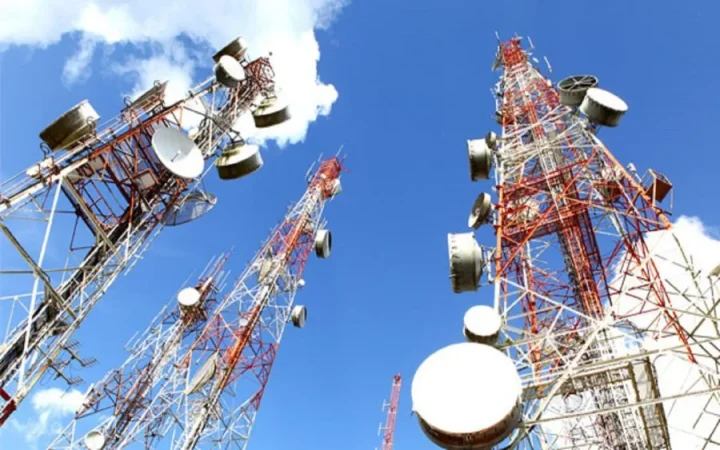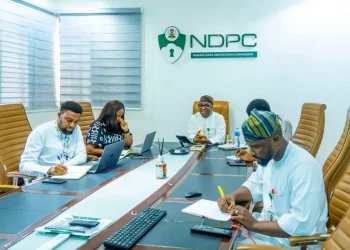According to the National Bureau of Statistics (NBS), the telecommunications sector received only $80.78 million in FDI during Q1 2025. This marks a dramatic 58% year-on-year drop from $191.57 million in Q1 2024. Simultaneously, there was a 41% quarter-on-quarter decline, compared to $136.86 million in Q4 2024.
Despite this contraction, overall capital importation into Nigeria rose to $5.6 billion in Q1 2025, signalling that the telecom sector’s decline is sector-specific rather than reflective of broader investor sentiment.
Primary Challenges Undermining Telecom FDI
Industry stakeholders, particularly the Association of Licensed Telecommunications Operators of Nigeria (ALTON), highlight several persistent obstacles discouraging investment:
- Multiple taxation across federal, state, and local levels remains a burdensome cost.
- Excessive Right-of-Way (RoW) charges deter infrastructure expansion and drive up capital costs.
- Structural risks like insecurity and vandalism of telecom infrastructure further heighten investment risk.
- Volatile macroeconomic conditions, including forex instability, have weakened investor confidence.

Airtel Nigeria’s CEO, Danish Balsingh, underscored the crippling impact of RoW charges on fibre deployment. He noted that only about a dozen states have waived or lowered these costs, highlighting the need for broader reform.
Historical Perspective & the Path to Recovery
- Long-Term Decline: FDI in telecoms has been falling for years. In 2019, inflows peaked at approximately $944 million, but have largely remained below $500 million since.
- Lowest in a Decade: At $80.78 million, Q1 2025 marked the telecom sector’s weakest quarterly performance in over ten years.
- Recent Trends: While Q1 2025’s decline is steep, it is part of a downward trajectory that included a 70.5% drop in total telecom FDI in 2023 and an 87% fall in Q3 2024 alone.
A Turnaround on the Horizon?
Industry leaders anticipate a potential rebound:
- Currency stabilisation and a 50% hike in telecom tariffs could help restore investor confidence in late 2025 into 2026.
- ALTON’s Gbenga Adebayo noted that investment decisions hinge on forward-looking forecasts, decisions made in 2024 reflected the challenging landscape then, but improving conditions could shape positive investor behaviour in the near future.
- Telecom operators are also taking pre-emptive measures, deploying $1 billion in domestic investment in 2025, signalling internal confidence and a push toward sustainability independent of foreign capital.
Broader Implications for Nigeria’s Digital Ambitions
The telecom sector is critical to digital transformation, financial inclusion, and overall economic productivity. The steep decline in FDI thus poses a serious threat to:
- Expansion of 4G and 5G networks
- Achieving broadband penetration targets
- Long-term sustainability of digital infrastructure
Analysts warn that without structural reforms addressing taxation, RoW charges, and security, Nigeria’s digital future remains at risk.













